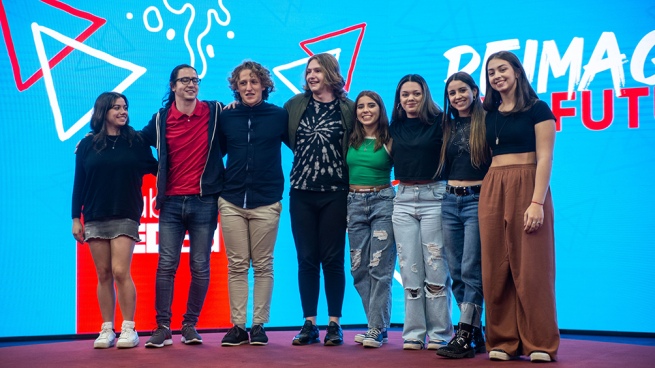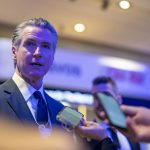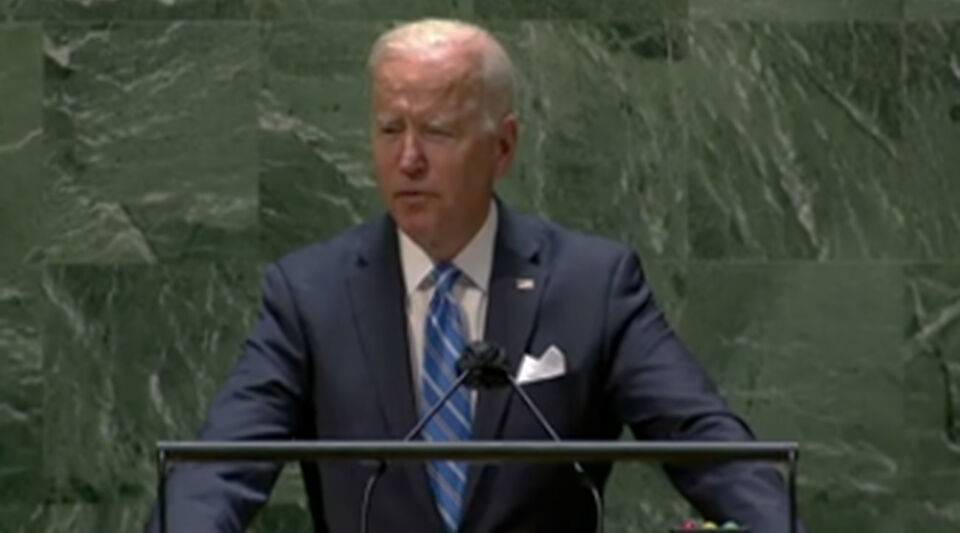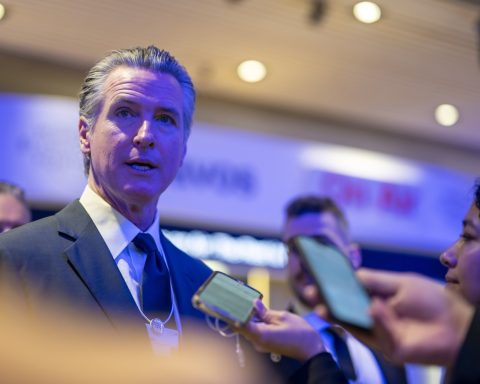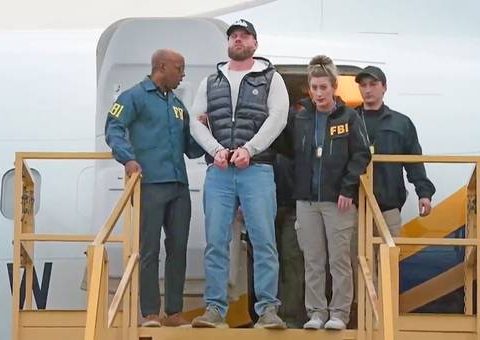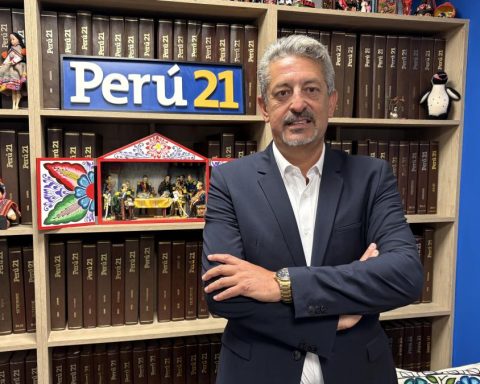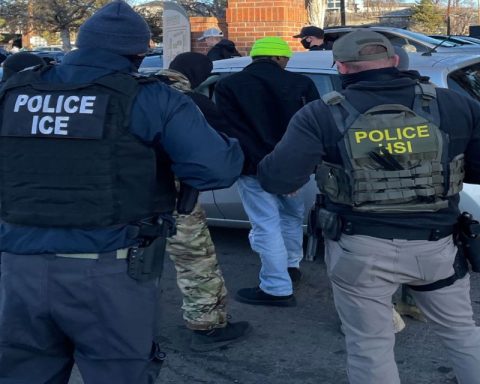The difference between being and doing, the option to stay away from social networks, the characteristics of a good class in high school and the strategies to agree with the other, even if they do not think the same, are some of the ideas that were put into play in the first edition of talks for teenagers, arising from the alliance between the TED Clubs and Unicef.

The collaboration has been going on for years and has been based on the support of the United Nations Children’s Fund for clubs that train children in public and private schools across the country to produce short-form motivational talks. However, for the first time, within the framework of World Children’s Day, both organizations released a series of eight talks that reflect on mental health, environmentalism, technology, education and the future. In them, the boys tell personal stories, dreams or concerns.

#ReimagineYourFuture It is a series of TEDx-style talks in which 8 adolescents took part, addressing issues such as the role that a professional career plays in the construction of identity or how social networks impact youth and end up shaping reality.

The event arose from the common objective that both Unicef and the Ted Clubs have: give boys and girls tools so that they can express what they feel, what they think. “The final purpose is that these talks become viral, have a high diffusion and with them the speakers can reach not only their peers but also the adult public that makes decisions so that their words are taken into account,” says Natalia Calisti, Communication specialist for UNICEF Argentina. “It is a way of creating citizenship and guaranteeing adolescents the right to participate, to express their opinion and to be taken into account”, summarizes.
To put together the “dream team” of speakers, both entities summoned young people who already participate in TED Clubs. They looked for them to be from different provinces and to represent diversity both in terms of gender and ages and interests. “The topics were chosen by each speaker and the team only gave them tools to put together a talk in that format and to be able to communicate their ideas,” explains Calisti.
After training in public speaking and communication, the result is a set of motivational talks capable of challenging an adolescent audience, and of “telling adults who they are and how young people think”, as defined by Unicef.
“Since 2015 in TedX Clubs we have the objective that adolescents are heard. We do it by generating clubs in schools or non-formal institutions so that children discover the things that they are passionate about and learn to transmit them. And also by creating spaces where adults and others adolescents can listen to them, “summarizes Ariel” Hache “Merpert, director of the project that started in eight schools and during 2020 and in the middle of the pandemic, it worked in a thousand throughout the country. “Adolescents are an underrepresented group in decision-making places, so it is necessary to create channels where they can express themselves and be heard,” he highlights.
The organizers agree that participation has multiple benefits for speakers as they acquire tools to communicate stories, projects or feelings. “Words are not enough for me to describe the emotion and joy that I have for being able to make my voice a record that will last in La Memoria de acá en más”, he synthesizes Josi Abadi, who analyzed how different generations preserve their memories and the forms and meanings that memories take.
This is how he defines it Delfina Zarantonello, a girl from the Buenos Aires town of Quimes, who investigates in his talk the differences between “being” and “doing” and the role that the professional career plays in the construction of people’s identity: “Going through a Ted Club was a great self-discovery. That is why I continued to participate. In the talk for Unicef, I put into words my vocational crisis and it helped me to consider that people tend to identify you with your professional career. I think it can be useful for other adolescents to listen to it. ”
“The training empowers them tremendously. They are left with these tools to shape an idea or a story to be able to communicate more and better what happens to them in the public sphere, in their community, on the networks and in all the channels in which they want to transmit what they think or what happens to them ”, sums up the UNICEF specialist who anticipates that the alliance with the Ted Clubs will continue as long as there are teenagers with something to say.

